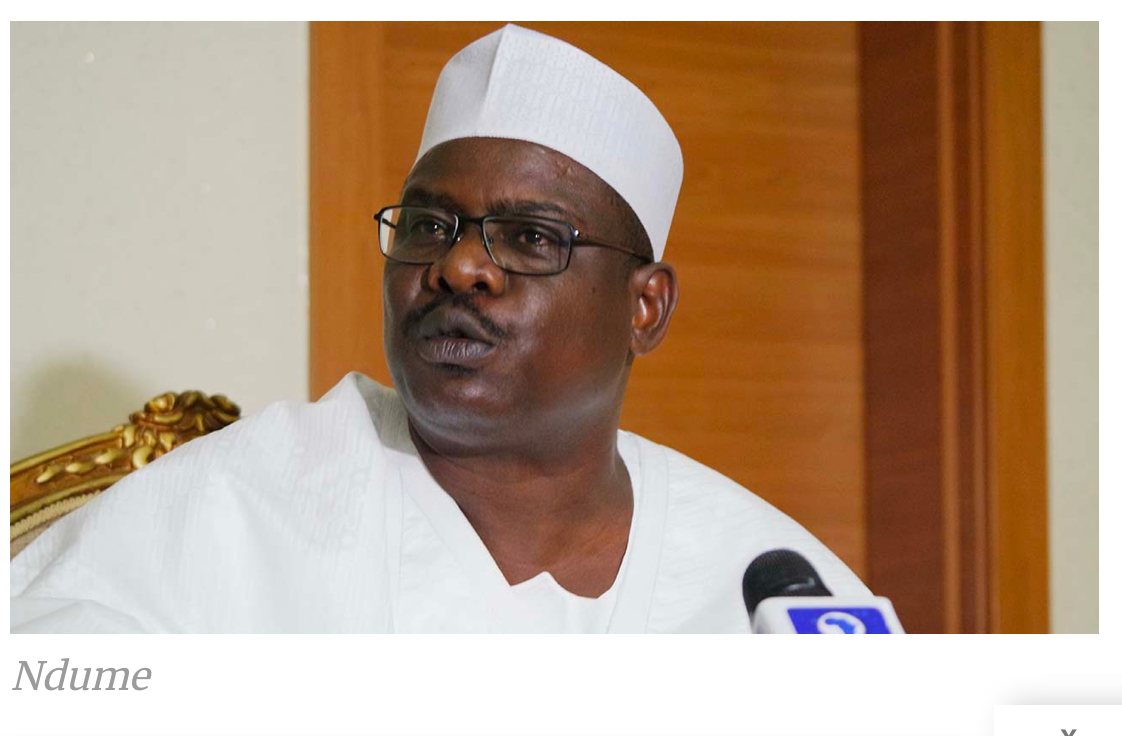 The proposed tax reform bills in Nigeria have been met with resistance from various groups, including Yoruba Ronu, Senator Ali Ndume, and the Campaign for Democratic and Workers' Rights (CDWR).
The proposed tax reform bills in Nigeria have been met with resistance from various groups, including Yoruba Ronu, Senator Ali Ndume, and the Campaign for Democratic and Workers' Rights (CDWR).
Senator Ndume has been vocal in his opposition, arguing that the 30% derivation formula proposed in the bills is excessive and unfair to other regions.¹ He believes that the North is an asset, not a liability, to Nigeria, and that the tax reforms should prioritize the welfare of ordinary Nigerians.
The CDWR has also expressed concerns about the impact of the tax reforms on low-income earners, arguing that the proposed changes will worsen economic hardships and stifle economic growth.
Yoruba Ronu, a socio-cultural organization, has also joined the chorus of opposition, citing concerns about the potential negative impact of the tax reforms on the economy and the welfare of Nigerians.
The tax reform bills, which aim to overhaul Nigeria's tax system and introduce a revised revenue-sharing formula, have sparked heated debates across the country. While proponents argue that the reforms are necessary to boost revenue and promote economic growth, opponents like Ndume, CDWR, and Yoruba Ronu believe that the changes will have far-reaching negative consequences.
The Campaign for Democratic and Workers' Rights (CDWR) has expressed opposition to the proposed tax reform in Nigeria, specifically resisting the increase in Value Added Tax (VAT) rate.
The CDWR argues that this move will further burden the working-class people and the poor, who are already struggling to make ends meet.
In a related development, there's an ongoing debate about tax reform in Nigeria, with some advocating for a more progressive tax system that reduces the burden on low-income earners. The Trade Union Congress of Nigeria (TUC) has also suggested increasing the tax exemption threshold to alleviate the financial pressure on low-income earners.

Post a Comment
Leave a Reply